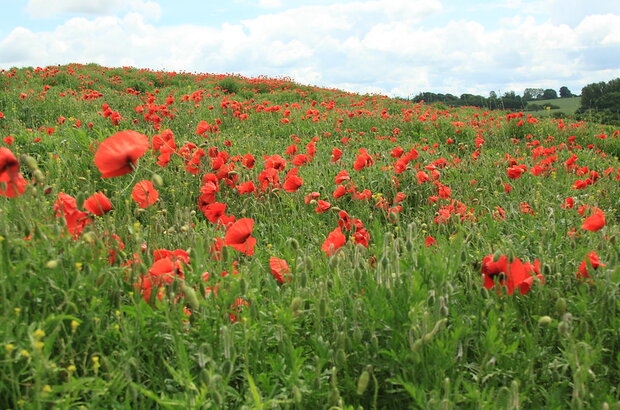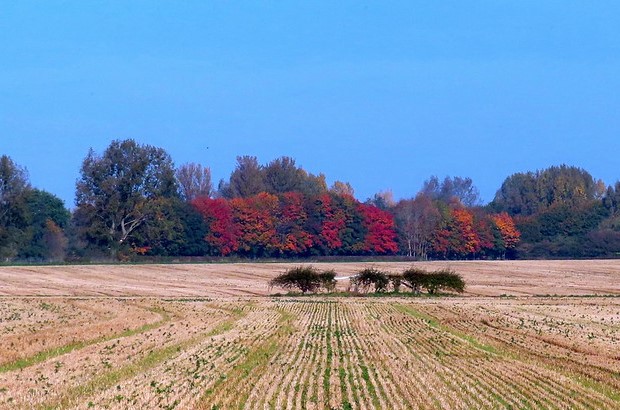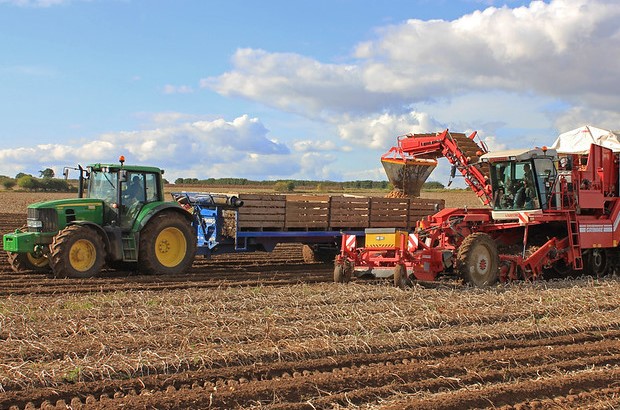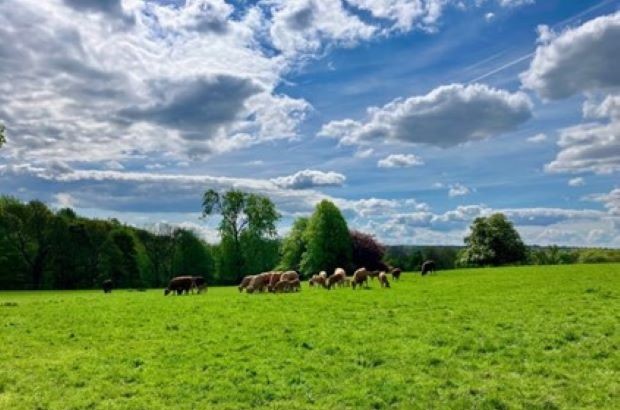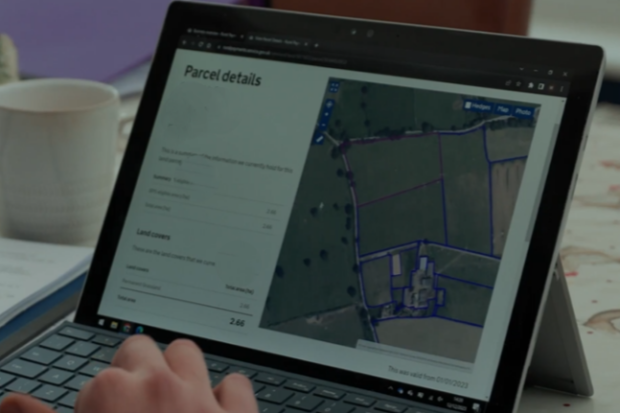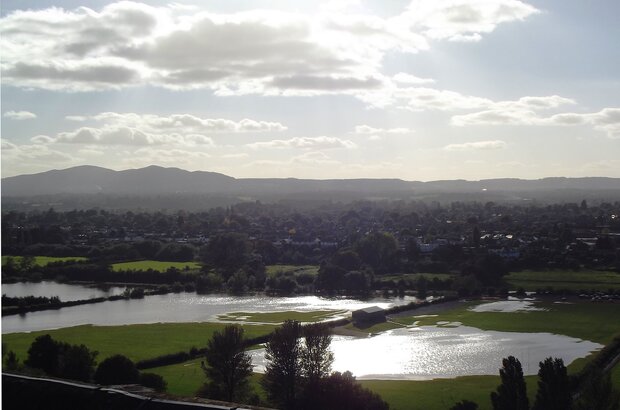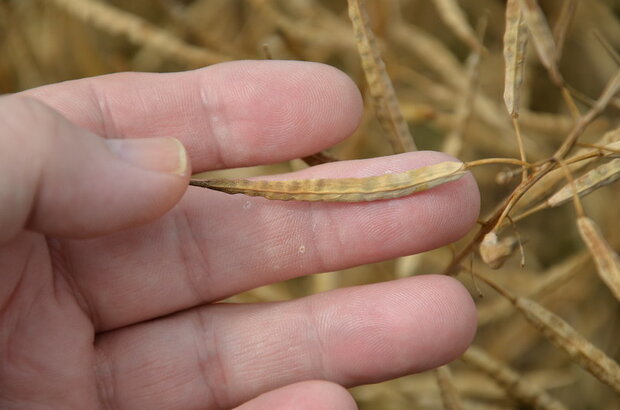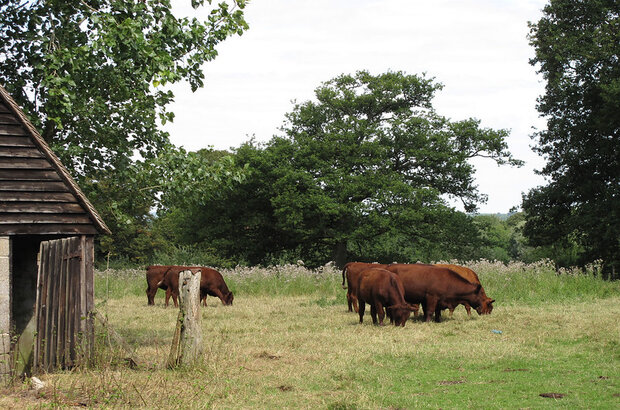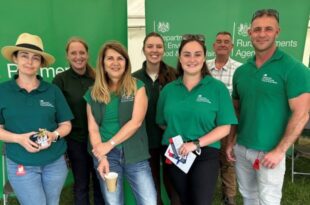Things we're doing
Following the temporary closure of the Capital Grants scheme in November 2024, we’re pleased to share that we’ve secured sufficient funding for Capital Grants for 2025/26. This means we can now process the 4,040 completed Capital Grants applications that were on hold.
To help farmers, growers and land managers adopt different IPM approaches, we’ve published a new guidance page on GOV.UK. This post includes a link to the new guidance page and background on IPM.
Today, Steve Reed, Secretary of State for Environment, Food and Rural Affairs, announced that the government will advance work on supply chain fairness by using the fair dealing powers in the Agriculture Act 2020. In this post, we provide background and a summary of what you can expect.
On Thursday 26 September, we held a webinar for farmers to go through the guidance, actions and detail for the expanded Sustainable Farming Incentive (SFI) offer. In this post, we share the recording.
In this post, we’ll share details of the expanded Sustainable Farming Incentive (SFI) and links for you to learn more.
Heavy rainfall has a devastating and long-term impact on farming. This disruption not only affects livelihoods but also has wider implications for food security and the economy too. We're introducing temporary adjustments and easements within the Sustainable Farming Incentive (SFI), the SFI Pilot, Countryside Stewardship (CS) and Environmental Stewardship (ES) to support farmers and land managers dealing with the impacts of severe weather in England.
We recently held a webinar for livestock and grassland farmers in England. In the webinar, we gave an overview of the Sustainable Farming Incentive (SFI) offer and how the scheme supports both productivity and the environment. We also covered the Animal Health and Welfare Pathway and the grants on offer through the Farming Equipment and Technology Fund. In this post, we summarise what we covered and include the recording and links for you to learn more.
On 15 January, we’ll open another round of the Large R&D Partnerships competition. Part of the Farming Innovation Programme, this competition offers a share of £7.8 million to farmers, growers and foresters in England to take forward ideas that improve productivity, sustainability, resilience and move the sector towards net zero. Together with our delivery partners Innovate UK, part of UK Research and Innovation (UKRI), we published the competition guidance today.
On 13 October, we held a webinar on the Sustainable Farming Incentive (SFI) for organic farmers and growers in partnership with the English Organic Forum. In this post, you'll find a link to a recording of the webinar.
On Wednesday 6 September, we held a webinar for farmers to learn more about the funding available in England. In this post, you can watch a recording of the session.
